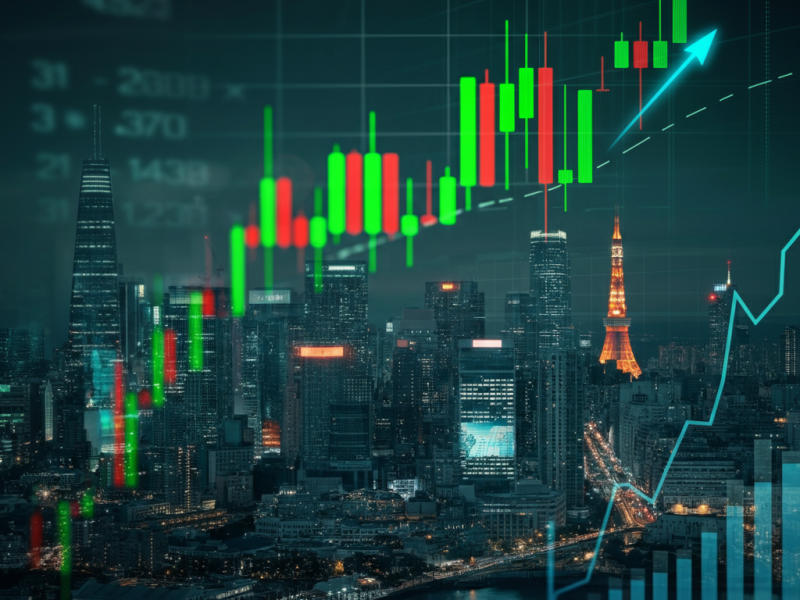Germany’s Quantum Systems, a Munich-based drone innovator, is on the cusp of securing a new funding round that could boost its valuation from roughly €1 billion to €3 billion. That jump — tripling in value — isn’t just headline bait. It mirrors how the defense tech landscape is shifting fast, as geopolitical pressures, investor appetite, and battlefield demand collide.
Why this funding round matters
A few numbers set the stage:
- The reported raise is €150 million.
- That injection could push Quantum’s valuation to €3 billion — roughly three times its current implied worth.
- Down the road, a future round in 2026 might push value to €5 billion.
- Revenue forecasts show Quantum targeting €300 million in 2025 and potentially exceeding €500 million in 2026.
These are ambitious targets. But ambitious targets are exactly what this sector is all about right now.
Quantum’s rise: roots, tech, and momentum
Founded in 2015 in the Munich area, Quantum Systems has focused on dual-use drone technology — systems that serve both commercial and defense applications. The company has already completed a Series B round in the past — raising €63.6 million in 2023 — backed by HV Capital, DTCP, Thiel Capital, and Airbus Ventures.
In 2025 it also raised a €160 million Series C, which pushed it deeper into the “unicorn” club — valued at over $1 billion.
Quantum’s product line includes:
- Vector AI reconnaissance drones
- VTOL and multi-sensor systems
- Integrated software stacks, mission planning tools
- Ongoing work on systems able to intercept or counter hostile drones
That last point is key. The “Jaeger” drone, built to intercept unmanned threats, is seeing growing demand in Europe amid concerns over disruption and drone incursions.
Macro drivers: defense, capital, and urgency
Quantum’s timing is exceptional. Several forces are fueling this valuation surge:
- Geopolitical pressure
The conflict in Ukraine changed the risk calculus across Europe. Nations now want defense autonomy, rapid procurement, and less reliance on traditional arms suppliers. - Investor appetite for “deep tech” defense
Venture capital is flowing into defense and dual-use startups. Quantum isn’t alone — Helsing recently secured €600 million in a round valuing it at €12 billion. - Regulatory & operational shifts
Germany recently empowered police forces to down unauthorized drones after incidents at airports. That legitimizes market demand for counter-UAS (unmanned aerial systems). - Platform convergence & software value
The real power lies not in hardware alone but in integrating sensors, AI, and swarm coordination. A drone without smart software is a commoditized product — but a networked, intelligent system is defensible.
The challenges ahead
No one said tripling value is easy. Quantum faces several headwinds:
- Execution risk: Scaling hardware production, maintaining quality, and delivering reliably to defense clients is notoriously hard.
- Competition: German drone start-up Stark is already gaining traction, focusing specifically on strike systems.
- Regulation & export controls: Defense tech faces stricter scrutiny over cross-border transfers and licensing.
- Skepticism around valuations: A valuation of €3 billion must be justified by growth, contracts, and margins — not just investor hype.
What this means for investors, governments, and markets
- For investors: This is a high-risk, high-reward bet. If Quantum delivers on projections, early investors could see outsized returns. But failure in execution could prove costly.
- For governments: Quantum provides an example of a domestic vendor for key defense tech — reducing reliance on foreign players.
- For the market: It’s a signal: defense tech is not off-limits to VC. The boundary between “tech startup” and “arms contractor” is blurring.
What to watch next
- Whether the €150 million round closes, and on what terms (equity, debt, preferences)
- Which investors join — strategic players (defense contractors) or traditional venture funds
- Deal flow: who Quantum acquires (they’ve hinted at acquiring startups/technology providers)
- Contract wins from governments or agencies in Europe
- Execution: can Quantum hit €300 million in 2025, €500 million in 2026?
Conclusion
Quantum Systems is staking its claim in Europe’s next frontier: merging AI, autonomous systems, and defense. A funding round that could triple its valuation isn’t just about wealth — it’s a vote of confidence in its mission. If the company executes, it could become a backbone of European aerial defense infrastructure. If it missteps, expectations will collapse faster than its takeoff.


